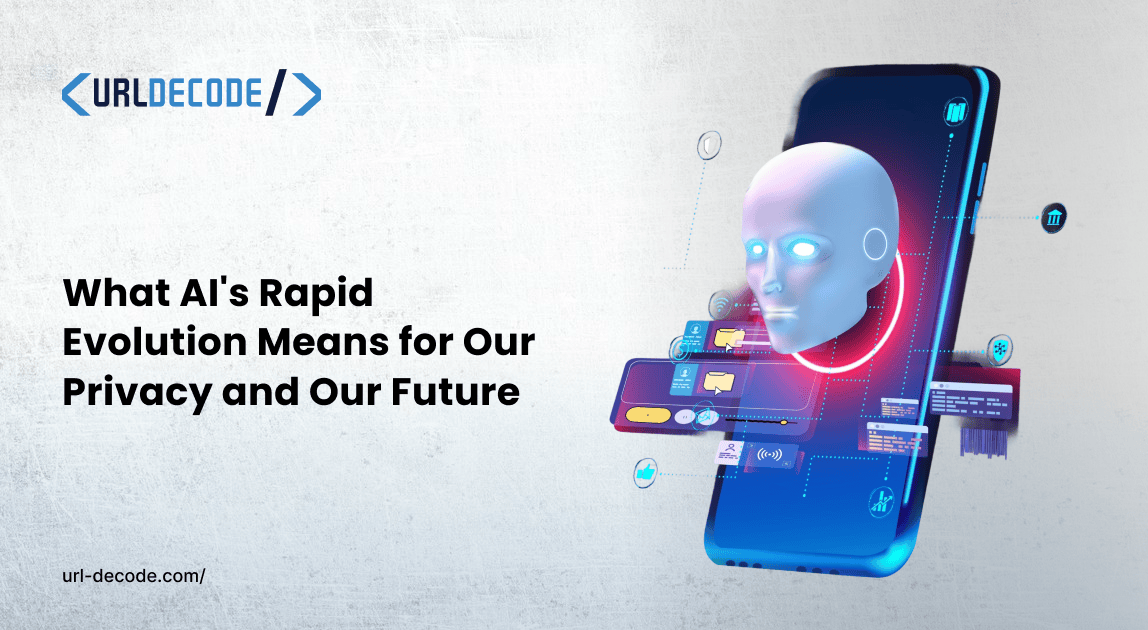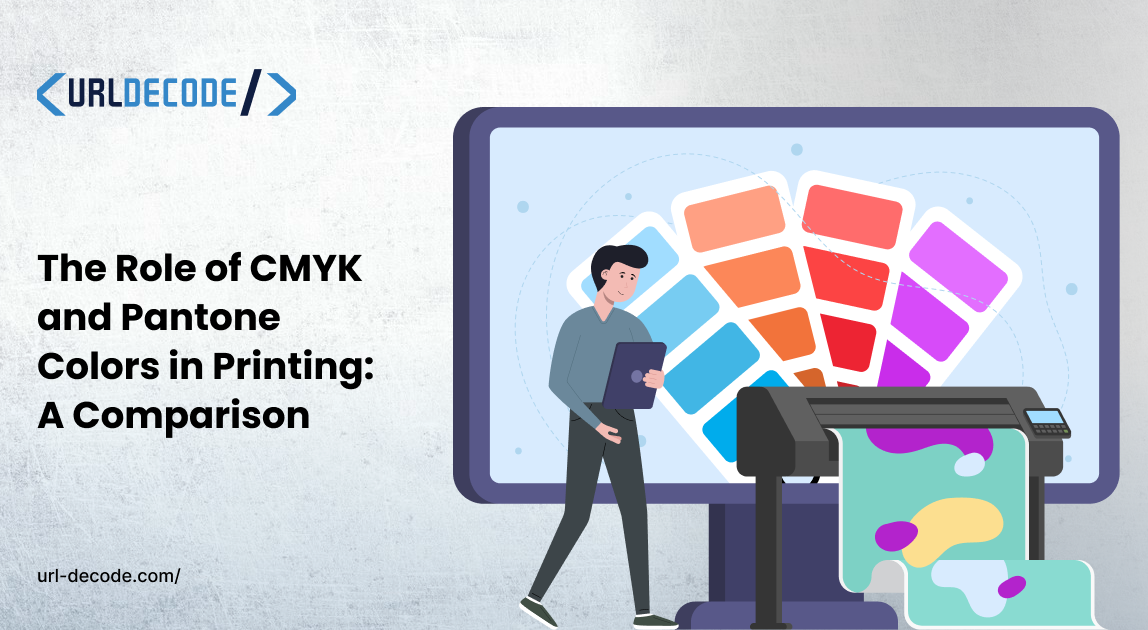What AI's Rapid Evolution Means for Our Privacy and Our Future

My dear friend, come, sit with me for a moment. You know, sometimes I look back at my own youth, at a world without the internet, without smartphones, and I’m amazed at how far we’ve come. It feels like we've crossed a vast ocean, and now we find ourselves standing on a new shore, looking at a future filled with wonder and a little bit of unease. That unease is the feeling that our world is changing faster than we can keep up, and much of that change is being driven by something called artificial intelligence.
For a long time, AI technology felt like something from a movie - a science fiction fantasy. But today, it’s in our homes, our cars, and even our pockets. It’s a quiet revolution, happening all around us, and it has profound implications for two things we hold very dear: our privacy and the future we will leave for generations to come. This is a journey we must take together, not to be afraid of the future, but to understand it, and to guide it.
As artificial intelligence reshapes how data is collected and interpreted, the role of a cryptocurrency wallet development company becomes especially important in this evolving digital landscape. These companies design secure systems where users retain control over their private keys and financial identities, balancing innovation with privacy-first principles. In a world increasingly driven by intelligent algorithms, well-built crypto wallets remind us that technology can still empower individuals rather than quietly watch over them.
A Quiet Revolution in Our Daily Lives
Have you ever stopped to think about how much artificial intelligence is at work before you even finish your morning coffee? From the algorithms that expertly filter your email spam to the personalized suggestions for your next movie night, AI in entertainment is constantly running in the background. When you browse online stores, AI is looking at your past shopping habits to show you things it thinks you might be interested in, and a video maker such as Predis.ai helps you instantly craft polished, engaging content.
This luxury is an object of beauty. It simplifies our lives, makes them more efficient, and frequently more enjoyable. However, whenever one of these systems recommends anything, it is based on its knowledge about you. It has swept away a detail of your life--your tastes, your habits, your location--and kept that detail in a memory store. It is upon this background that the future is being created, and this leads to a core question of how we want to live.
The Delicate Balance of Data Privacy
The idea of the privacy of data is quite similar to that of privacy in our own homes. It is the freedom to express our choice of what we want to share with whom. This used to be easy in the olden days. We drew our curtains, locked our doors, and determined who we would or would not open to. However, in the era of the internet, we keep our doors open, and the windowpanes are normally transparent. Each of these clicks, searches, and posts is a little part of the individual we are releasing to the world.
It is quite an issue as to why this data collection is a good idea.
- Medical Breakthroughs: Humans cannot effectively read through bulky medical files and derive useful information, but machine learning models that scan through massive libraries of medical records can identify patterns that can aid physicians in spotting diseases earlier and devising more efficient forms of treatment.
- Personalized Services: Using the information that it has collected, our phones can tell us the expected times of day of our commutes, and our GPS can inform us of traffic conditions.
- Improved Security: AI will detect fraudulent transactions of credit cards and secure our financial details online against hackers.
The dangers to data secrecy are, however, nonetheless real and increasingly so day by day. Our data can be utilized in targeted advertising, which would be intrusive or, even worse, could be misused by companies or the government. This is the fraught compromise we choose: some comfort in trade as against some privacy. How much are we going to give away?
The AI That Sees: An Unfiltered Look at Facial Recognition
Among all the AI-based solutions that have been developed, there is hardly one as intimate and as heartwrenching as facial recognition. Sophisticated machine learning is used to identify and verify a person using an image or video. In the case of most of us, it was the unlocking of the smartphone. What a convenience it was--a face as a key to literature. Yet its use has found many other applications than on our personal devices.
Today, facial recognition by law enforcement helps identify wanted criminals, by airports to ease the security process, and retail outlets to study customer behavior. Face search engine is a technology capable of making our world safer and more efficient on the one hand. It has the potential to locate missing children, manage our borders, and reduce crime. Instead, on one hand, it chills us with the feeling of anonymity. The sense of being spied upon, of having one watched, followed about, will destroy the possibility of ever having a free or open society. It throws up disturbingly intimate concerns about the propriety of our likeness to others, and to what end.
The Engine Behind It All: Understanding Machine Learning
Facial recognition has the ability to be incredibly accurate, so why? It's as easy as machine learning. This is the engine behind so much of what is found in current-day AI capabilities. Unlike traditional software, where you have a very particular set of rules you follow, machine learning is really taught; it wasn't given a set. You show them millions of faces, and they learn to recognise the individual patterns that comprise a a human face. As technology is provided to them with more data, they become smarter and develop more powerful AI solutions. This contains continuous learning, which is similar to what it takes for androids to become transformative and occasional.
A Human's Guide to Navigating the Future
One thing that struck me personally, as I have seen all this develop, is this: things are not so settled as all this may seem to suggest when it comes to AI going forward. It is happening with us and not to us. We are not human robots. It is we who feed these systems data, and we are those who can influence the policies that run these systems. This is when it is time to think, to be responsible, and to be courageous.
Here is what I would suggest to you, on this new shore:
- Be Mindful: Stop and put some thought into changing or sharing a photo, clicking on the agree button, or installing a new application. The question to ask yourself is: What am I giving away, and is it worth it?
- Be informed: Read the news and know the policy being debated about AI technology and data privacy. The more we learn, the better position we will be in to defend ourselves and make smarter decisions in the evolving world of wealth tech.
- Speak Up: Mobilize your friends and relatives to discuss these problems. Write to your congressmen. Insist that these strong technologies are created with human values and moral principles in mind.
Conclusion
Our path of development with AI is one of the most amazing and troublesome in human history. It promises an era of unprecedented advancement, prompting us to ask profound questions about our existence and what we hold dear. The trick is not to be afraid of such questions. Their answer to them will determine our privacy, our society, and our human spirit in the future. We should not live to regret in a couple of years how we lost track of time. We should look to the future and create something new that is smarter, brighter, efficient, kind, just, and very human.
Frequently Asked Questions
Can we do away with AI?
In our contemporary globalized world, no one can completely avoid the use of AI technology. Nevertheless, you can consciously decide on which applications you download and share your information with to reduce your exposure.
How can I protect my data privacy against these powerful systems?
Be conscious of beginnings. Use special passwords that are not weak, and also, verify the privacy settings of your applications, and consider sharing your personal information on social sites with caution.
What is the primary difference between AI and machine learning?
Consider AI as the more general term--the objective of making smart machines. Machine learning is one tool or technique in the sphere and gives machines an opportunity to be trained on the basis of data without any explicit programming.
Do I have reason to fear facial recognition?
Awareness is the solution and not fear. What should be noted is that the technology itself is an instrument. It does not matter how it is utilized. We can ensure its effectiveness by learning about its uses and encouraging the adoption of good policies.




